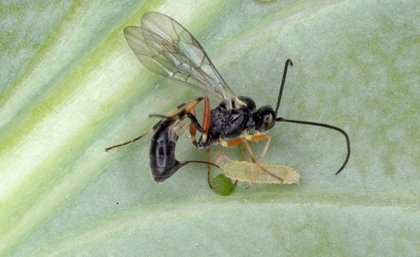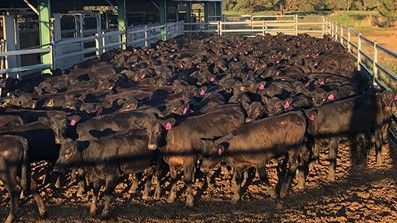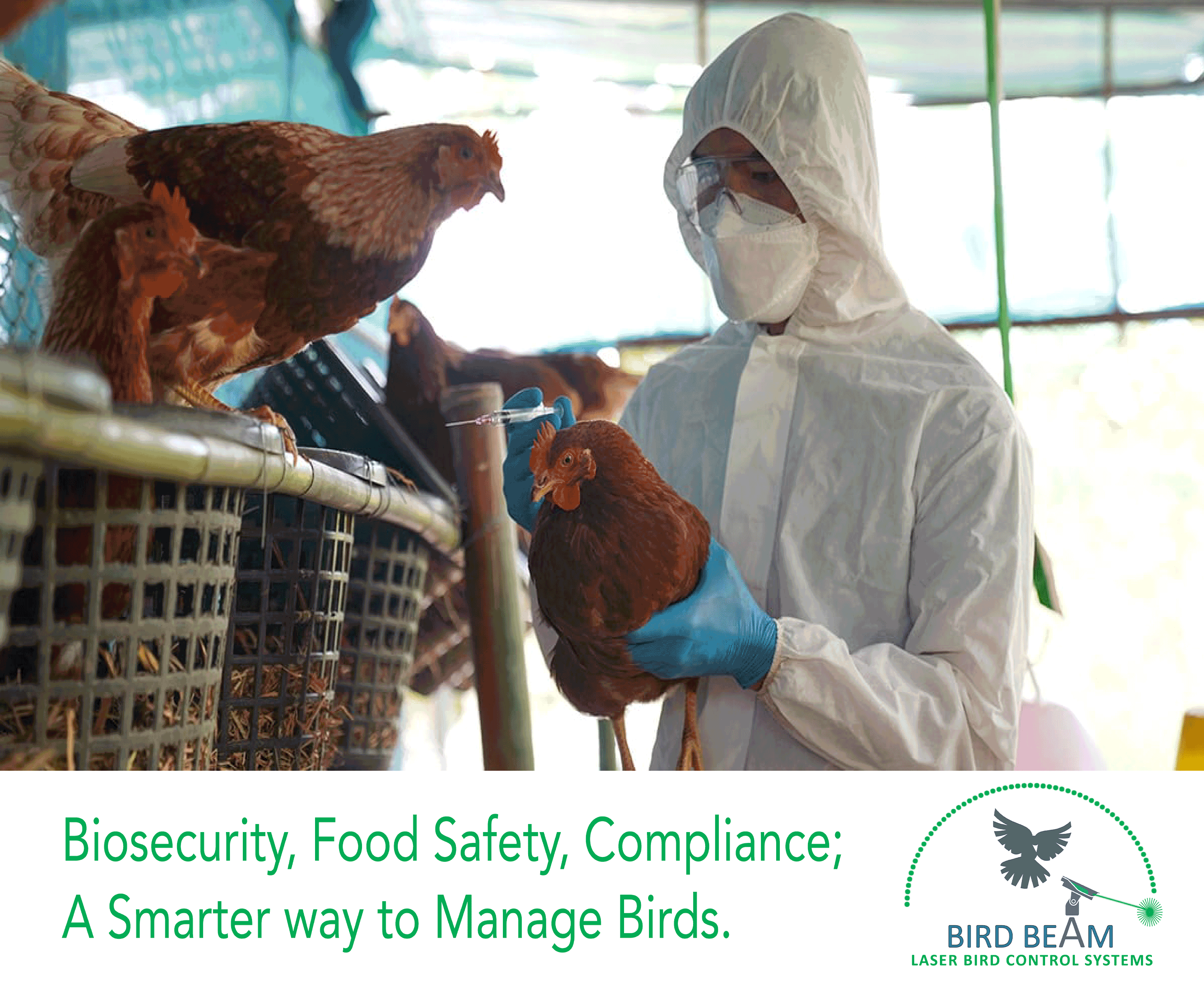1MG FlippingBooks
Natural biological control saves farmers millions in pest management
Elizabeth Gracie

Research led by the University of Queensland’s (UQ) School of Biological Sciences has identified that the natural enemies of insect pests could be used as a means of natural pest control if released in a pest’s native habitat, saving farmers billions of dollars across Asia and the Pacific in crop loss and pest control methods.
Originally published in Nature Ecology and Evolution, the research found that the careful release of an exotic natural enemy into a pest’s native habitat could work as an effective biological control and natural pest management method.
According to Dr Kris Wyckhuys from UQ’s School of Biological Sciences, the research team meticulously chose co-evolved beneficial insects that would pose a minimal ecological upset to the environment they are released in.
“We’ve reviewed how biological control introductions have effectively managed 43 insect pests in food, feed and fibre crops in the Asia-Pacific region over a century,” said Dr Wyckhuys.
The use of naturally occurring biological control has already helped regulate invasive pest threats in multiple key food crops such as banana, breadfruit and coconut in farms across Asia.
“Our work shows these techniques are saving farmers in Asia around $20.1bn to $26.8bn per year,” said Dr Wyckhuys.
“That’s a phenomenal amount of money and benefit, particularly when compared to other innovations in the agricultural sector.”
Associate Professor Micheal Furlong said that increased recognition of biological control as a feasible and sustainable means of pest management had the potential to lead to not just greater uptake, but more resilient and prosperous farming globally.
“Biological control offers great opportunities for some of the world’s poorest farmers,” said Dr Furlong.
“It’s promoted rural growth and prosperity even in marginal, poorly endowed, non-rice environments.
“These innovative approaches, with increasingly better science, are helping feed the world, safeguard on-farm biodiversity and increase farmers quality of life.”
The research team hopes that their findings will show farmers that biological pest control methods are easy, effective and a more environmentally friendly alternative to traditionally used pesticides.
“We’re hoping this research provides lessons for future efforts to mitigate invasive species, restore ecological resilience, and sustainably increase the output of our global food system,” said Dr Furlong.
NEWS
















